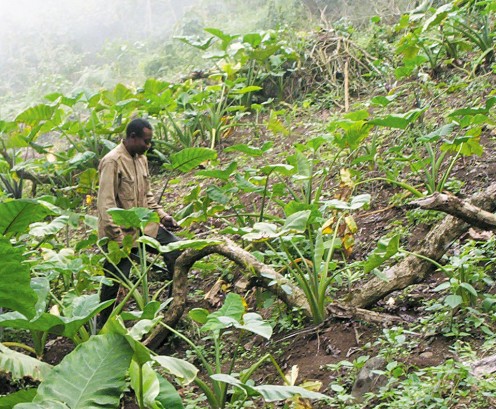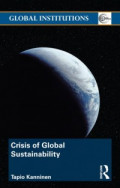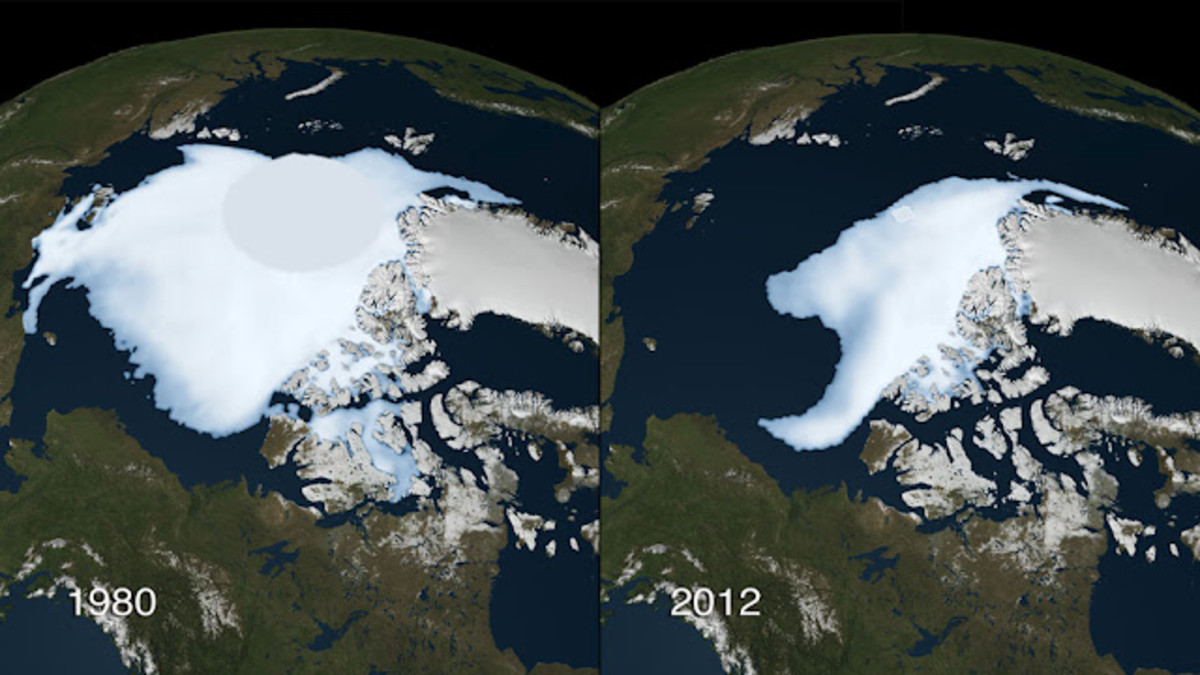Developing World Farmers Hurt by Sustainability Movement?
What does 'eating locally' and the sustainability movement mean for developing world farmers?
“Jacob”, a bean farmer in Kenya, earns $300 a month - six times what he used to earn. He owns a T.V. He lives in a house with a concrete floor. Most importantly, he is able to send his children to school.
Jacob is fortunate to have all of this. Westerners would consider it a lowly standard of living, but for Kenya, he is living very comfortably.
The reason Jacob has seen such success is that his beans are bought by and flown to Europe as part of a “Fair Trade” program. This program ensures he sees fair compensation for his labour and opens the doors to a broad international market; thus, he has risen out of poverty.
But could Jacob’s relative prosperity be coming to an end?
“Yes,” warns author of ‘Confessions of an Eco Sinner,’ Fred Pearce at Wednesday’s ‘Home Grown or Flown-In: Is Local Food Always Best?’ conference. Waterloo’s Center For International Governance hosted a near capacity audience who were informed about the negative impacts of the ‘eat locally’ environmental movement.
This movement, aimed at reducing our carbon footprint, has unfortunate outcomes for farmers like Jacob.
If Jacob loses his place in the international market, he will once again be dependent on the local market. His profits will shrink and he will sink back into poverty.
“And so I have a question. Do we really want to damage the new found wealth of people like Jacob?” Pearce pointedly enquired. “I’m not sure we can have it both ways…is it the environment we are more concerned about, or people’s livelihoods?”
Pearce suggests that while the environment is an issue of major concern, people like Jacob, “are not in any way responsible for global warming. We are.”
By buying locally, Pearce predicts that “planetary ghettos,” or a shift towards local economies, will ruin the livelihoods of farmers like Jacob.

“I am very worried about environmental protectionism…I don’t think that is the way to ‘green the planet’.”
Thomas Homer-Dixon, CIGI Chair of Global Systems, disagrees. Dixon spoke during the debate period of the conference.
He explained that while he agrees movements like ‘eating locally’ will hurt people like Jacob, they are inevitable and unavoidable consequences of the decline of the ‘petro age.’
“This petro age is coming to an end…it’s going to have breathtaking consequences.”
The petro age he refers to, is the past 150 years in which the modern world has built itself upon the back of the “cheap slave” that is oil. The petro age has culminated in complete dependence, and today oil reserves are estimated to be near or even at a ‘peak production.’
In other words, the well will soon be literally dry.
Dixon’s reasoning is that with this coming collapse of oil markets, “it’s going to become economically unviable to ship beans from Kenya.”
Markets would simply be unable to afford sending perishable goods over such long distances.
“We are moving towards a more regionalized world,” Dixon explained. He warned that “Jacob and his fellow farmers need as much as possible to find closer markets.”
By the end of the conference however, there seemed no clear solutions. The ecological and economic concerns that affect the average ‘Jacob’ of the developing world, remain.
And both speakers admitted as much.
Dixon said simply, “Let us recognize that we are all eco-citizens in one form or another.”
Pearce concluded the debate saying, “I’m not, at the end of the day, trying to provide prescriptive measures.”
Perhaps then, the greatest success of the conference was simply the opening of a public dialogue.
Hopefully with continued discussion, solutions can be found to ensure the Jacobs of the world continue to prosper - not fade back into poverty.








